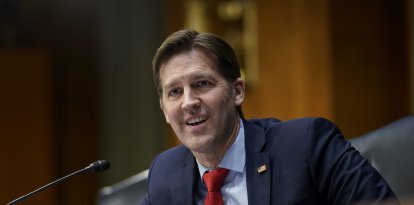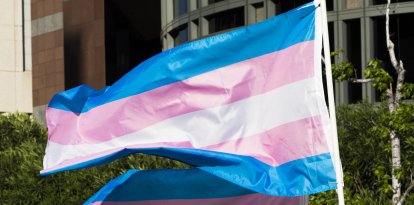SCOTUS allows Idaho to enforce law banning trans medical treatment for minors
The Supreme Court's ruling, however, allows the families of the two plaintiffs to continue with their treatments.

(Pexels)
The U.S. Supreme Court (SCOTUS) allowed Idaho to apply the law that prohibits gender transition treatments for minors while the unconstitutionality appeal filed against the rule is resolved. The attorney general of The Gem State, Raul Labrador, filed an appeal before the Supreme Court following the decision of a lower court to suspend the law following a complaint from the families of two minors who are receiving hormone treatment. Idaho, instead of entering into the debate on transgender rights, questioned whether the lower court had the power to annul the law throughout the state or just for the plaintiffs, an argument the Supreme Court accepted.
Idaho celebrates ruling
The decision was not easy and once again highlighted the division within the Supreme Court. The ruling was approved with the opposition of the three progressive judges and with votes in favor from five of the six conservatives. Chief Justice John Roberts did not publicly indicate his vote, nor did he join any of the opinions of his colleagues included in the published writing.
Gov. Labrador celebrated the ruling through an official statement and with several posts on X. Idaho's attorney general stressed that the state has "the power and duty" to protect children from the "devastating consequences of drugs and procedures used on children with gender dysphoria."
The case in the Ninth Circuit Court of Appeals
The case is now in the hands of the Ninth Circuit Court of Appeals, which will have to decide whether the rule violates the Constitution after the ruling in December from District Judge Lynn Winmill, which suspended the law from taking effect while the litigation continued, saying that it violates the rights contained in the 14th Amendment.

























